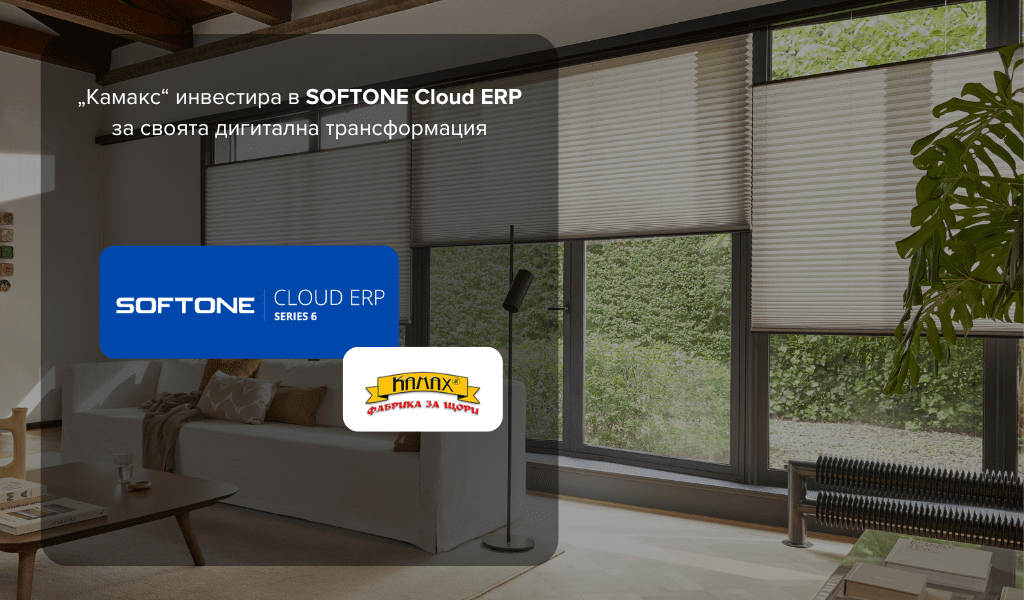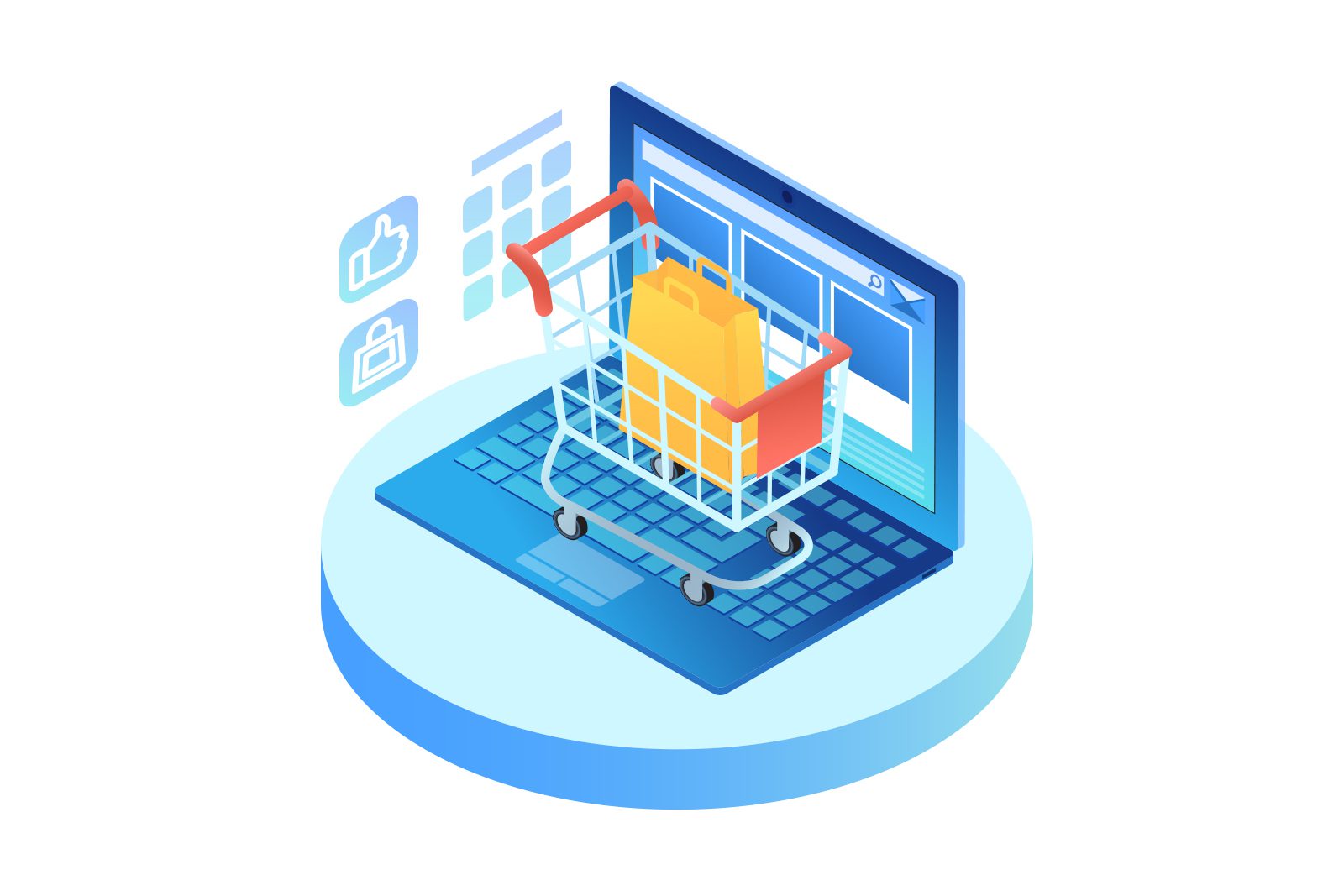Share
Read also

Business Software
Пазарът на CRM през 2025: В отговор на нарастващите изисквания на клиентите

News & Events
„Камакс“ инвестира в SΟFTONE Cloud ERP за своята дигитална трансформация

Trends & Views
Как дигиталната трансформация подпомага развитието на бизнеса

News & Events
SOFTONE разширява своята екосистема с нов стратегически партньор
There is no doubt that the ERP landscape has undergone significant changes in the last years. The introduction of cloud-computing, analytics and improved reporting tools and the simplification of the deployment process, have left their “mark” on ERP solutions. So, what is the future of ERP systems and what should businesses focus on? The 5+1 points below offer a well-defined view of the situation.
The future is on the cloud
Technologies such as BYOD, the need to grant access to mobile devices, virtualization and connected environments are all indications that more and more operations are transferred to the cloud. Obviously, ERP systems cannot ignore this trend, especially since it appears to be the most popular one among businesses seeking to deploy an ERP solution. In combination to the decreased cost and the strategic growth achieved through the transition of operations to the cloud, it is safe to say that this is a well-established trend by now. To be accurate, organizations such as GE and Alibaba have invested over 1 billion dollars in cloud technology. Business all around the world are spending increasing amounts of money on cloud technology and, according to the available facts, the rate of such investments will increase in the years to come.
Hybrid cloud
Nevertheless, not everybody is convinced that the future holds an… all-cloud ERP. Many are “putting their money” on the hybrid cloud model, that offers an all-in-one ERP package that combines both on-premise and cloud-based applications. For many businesses, this model offers the best of both “worlds”, making the battle of cloud vs. on-premise systems entirely unnecessary.
Improved reporting
Another interesting trend is that of improved reporting, which puts ERP at the heart of business operations, overseeing all processes, identifying vulnerabilities and taking full advantage of the available resources. The importance of integrated analytics, for even more effective insights, tends to become a principal choice. Mechanical learning, predictive analytics and Internet of Things are what most businesses want to take advantage of. ERP systems are the core and at the same time the foundation that will allow them to collect this information, so that they can utilize them to their benefit.
Tradition as an obstacle
Until recently, the sale of ERP solutions – especially to small and medium-sized businesses (SMBs) – was not that simple of a task. In most cases, SMBs were interested in acquiring a tool that would help them resolve their problems in a relatively simple way, without resorting to the purchase of a back-office system. This was more or less the way they viewed ERP solutions that for many were directly related to higher cost. The introduction of cloud-based ERP solutions has changed this perception. Customers are now convinced that they no longer need to drastically change their business operations so that they are fit for an ERP system, since it is the ERP system that is customized to their operations.
SMBs are giving in…
Traditionally, as already said, most SMBs were extremely reluctant when it came to adopting an ERP solution, due to the alleged complexity, the high cost and the significant amount of human resources that would be required for the system to operate properly. The transition to the cloud has changed their attitude and way of thinking and now SMBs appear to take a much more favorable approach towards ERP.
Platform selection strategy
The original complexity that characterized the first cloud-based ERP solutions due to the requirement to manage various interfaces, separate databases, workflows and collaboration tools, led to users getting confused and losing valuable time over processes. The latest trend wants businesses making a strategic platform selection and then working along with the various departments in order to choose the applications that would be a perfect fit for this specific platform. As a result, complex technical issues are eliminated and adoption rates keep rising as deployment becomes more and more simple and quick.







